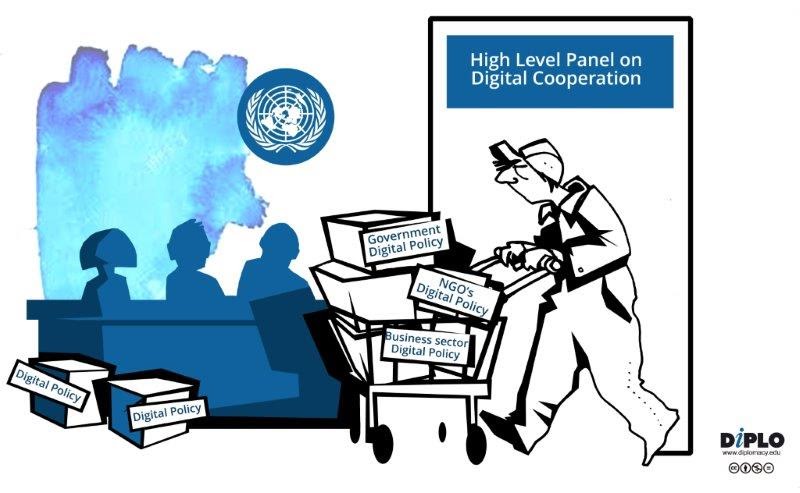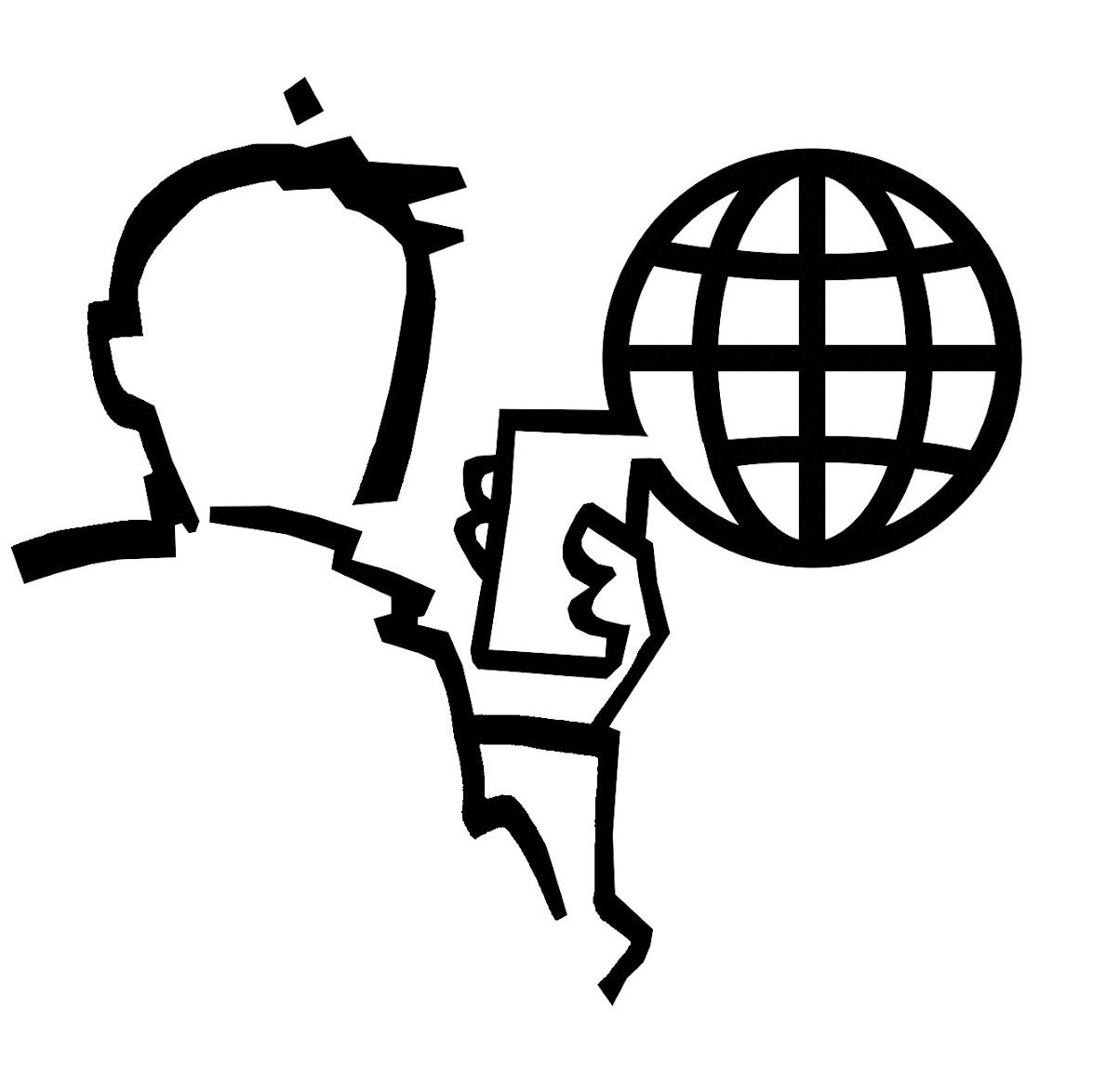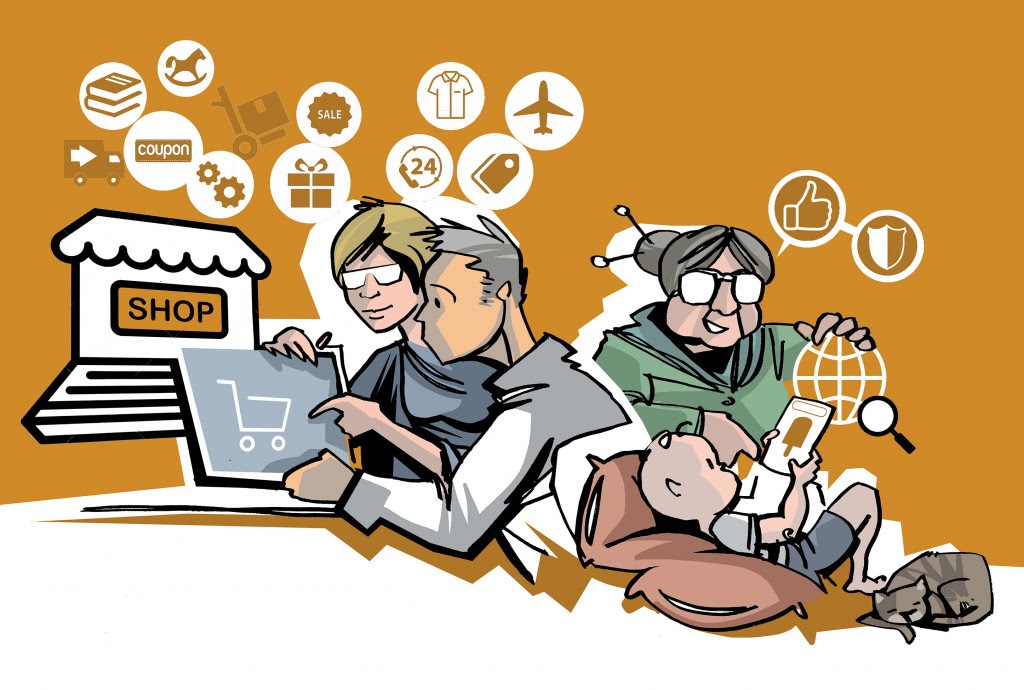IGF 2021 Daily 3
Wednesday, 8 Dec
Welcome to IGF Daily 3!
Dear reader,
The second and very eventful day of IGF is behind us. With so many sessions to follow, we are bringing you the curated overview of the main themes.
Can you believe we are halfway through? If you like what you’re reading, bookmark us at https://dig.watch/event/igf2021 and tweet us via @genevagip.
Stay safe,
Andrijana, Pavlina, and the Digital Watch team
Recapping yesterday’s discussions
Theme 1. Digital cooperation
The father of the internet has spoken! Vint Cerf called for more digital cooperation, noting that the internet was deliberately designed as a global shared infrastructure. As such, it is an ‘artefact’ that bears some of the characteristics of other shared ecosystems like the atmosphere, oceans, and space. Common norms are needed to govern it.
Digital cooperation takes place on many different levels, but not yet in a very coherent way. For better internet governance (IG), more than roadmaps and joint declarations or technical standard-setting bodies are needed. A proactive approach should be adopted: the IG community should strive for better coordination between regional and global processes, focus on human rights-based protocols for the internet, and expand its consideration of offline issues as they cross over into the digital realm.
The UN can provide a platform for all stakeholders to participate in discussions about digital access and use digital cooperation as a tool that can help to achieve the SDGs. The IGF is an example that maximises the sharing capacity and spotlights opportunities for multistakeholder cooperation for local and global benefit. The IGF has been about digital cooperation since its beginning. A demonstration of that cooperation is seen in the work of the IGF Dynamic Coalitions (DCs), whose activities and initiatives were captured in a dedicated session. One key takeaway, as the representative of the Office of the UN Secretary-General’s Envoy on Technology explained, is that the DCs’ work needs to reach more policymakers. It also needs to reach more countries that are grappling with the same issues that the coalitions are working on, and more people so they become aware of discussions that impact every user.

Another form of digital cooperation involves leveraging the work of open-source communities. Open-source, which is the concept of making source codes public to enable others to develop or build on existing code, carries many benefits. It’s transparent and cost effective and opens the door to innovative cooperation. Some might think of digital sovereignty as the exact opposite, that of keeping ideas to oneself. Properly applied, however, the two concepts are mutually reinforcing: Since open-source collaboration often faces insufficient funding, states can invest in open-source products, and in turn, help achieve their digital sovereignty goals.
Theme 2. Access and inclusivity
If you are reading this daily summary, you belong to the 63% of the population worldwide who have access to the internet. An estimated 37% of the world’s population or 2.5 billion people have never accessed the internet. Connectivity solutions are needed, but more than that, meaningful connectivity solutions are required, which would include access to the internet at home, school, or work – every day. These solutions must enable meaningful – not just sporadic – access to the internet. If connective solutions are not providing meaningful use of the internet, we may simply be building technology for the sake of technology. One of the questions in internet governance is how to develop capacity-development processes that support these results. Building community-based digital literacy, especially in remote, underserved communities can only be achieved by low tech, local support, low energy, low maintenance, and a low learning curve. One of the indispensable aspects of meaningful access and inclusion is content in local languages, which empowers users to join the conversation, document and upload their stories, and occupy the digital space.

Theme 3. Content policy
The importance of the moderation of internet content has risen exponentially over the past year, especially due to the amount of disinformation related to the COVID-19 pandemic and the increase in hate speech. The question of who should moderate online content and which rules, tools, and principles should be applied is vital to the global internet governance debate. The challenge remains the same: How do we protect human rights, especially the freedom of expression and information online, while avoiding the proliferation of hate speech and misinformation? Innovative solutions, like the implementation of AI in content moderation have been explored. However, since AI is created by humans, its algorithms and inbuilt errors are compounded with the same political, economic, and cultural issues of any human problem. Biases can be inadvertently reinforced. In addition, we must ensure due process, providing people with the possibility of appeal, even if moderation is facilitated by AI systems.

Theme 4. Cybersecurity and cyber norms
Whether we are discussing online learning, the IoT and emerging technologies, supply chains, network security, or state espionage, the bottom line is that we need to keep the internet safe and trustworthy.
One of the tools for a secure and reliable internet is encryption. Encryption offers a choice awaiting deployment in the digital ecosystem to enhance a collective sense of trust. While users should be the ones choosing how they are protected online, we still need to resolve how governments, businesses, and other stakeholders should enable and ensure this protection, especially of vulnerable groups.
Straight from news headlines into the IGF discussions is the use of invasive tools such as the NSO Group’s Pegasus malware and its cybercrime implications and espionage ties. Espionage activities in cyberspace are a major security concern for several reasons. Pervasive state-sponsored espionage is tied to users’ distrust of critical functions that keep the internet safe and the development of spyware for profit by the business sector. While traditional and trade espionage affect a limited number of people, cyberespionage attacks affect the data, products, and services of millions. The main challenge in addressing cyberespionage is in the lack of clarity of responsible use of cybersecurity technologies, establishing rules and boundaries for espionage, and holding actors accountable. The nexus between the states and businesses providing technical services and software, including surveillance or data processing infrastructures that provide public functions, must be based on the principles of transparency and respect for privacy and other human rights.
Another aspect affected by cybersecurity issues is the principle of neutrality (the application of the legal concept of states’ neutrality to digital issues). Looking at neutrality from the perspective of different actors in cyberspace, especially in case of cyberattacks, additional considerations arise. States need to consider neutrality in conducting cyber diplomacy, foreign security policies, or facilitating dialogue. Other considerations relate to the power of Big Tech and humanitarian and human rights considerations, as well as the lack of definitions in existing norms. It is especially crucial for underrepresented states,such as African states, to engage in these discussions.
The importance of holistic international capacity development in cyberspace has been reiterated in international forums many times – from previous discussions at the IGF, to current processes at the UN. To strengthen national cybersecurity or fight cybercrime, knowledge and skills must be shared across borders. Capacity development initiatives use online knowledge portals such as the GFCE's Cybil Portal, the Geneva Internet Platform's Digital Watch observatory, UNIDIR’s Cyber Policy Portal, and the Brazilian cybersecurity portal, which are examining collaborative ways to increase awareness of online portals.
Theme 5. Digital economy
An inclusive digital economy would have a major impact on shaping society today. Governments and international organisations implement policies to foster a competitive, holistic digital economy and fulfil the promises of a digital transformation for all. States are dealing with the rising power of Big Tech in online markets. Different regulations around the world, however, fail to grasp the complexity of how digital platforms function. Questions remain about the impact of antitrust regulation on compatibility and integration across platforms, the role of internet standards, and the necessity of involving civil society and end users in this debate.
It is also vital to assess whether progress has been made in narrowing the digital divide, embracing the digital transformation of work, bridging digital skills gaps, and creating an enabling environment for the digital economy – all of which are necessary for economic and social progress.

Yesterday’s discussions in visuals
The infographics below show the most frequently-used words in the sessions we analysed, the most prominent topics and baskets, how the discussions this year used prefixes, and what the most prominent SDGs were.
(Click on the image to open the full-sized interactive version in a new tab/window.)
| Keeping up with IGF 2021: We’ve got you covered A reminder that we’re reporting from IGF sessions and publishing session reports on the Digital Watch observatory. Don’t miss the daily newsletters (you’re reading Daily 3), and the final report. Bookmark https://dig.watch/event/igf2021/ This year, we’re also adding artificial intelligence (AI) to the mix: Diplo’s AI Lab has created an automated system for generated summaries from IGF sessions, which will complement our traditional reporting. To view our automated summaries, follow the links at the bottom of each session report. |
Related event

Internet Governance Forum (IGF) 2021
6 Dec 2021 10:00h - 10 Dec 2021 18:00h
Katowice, Poland and Online
